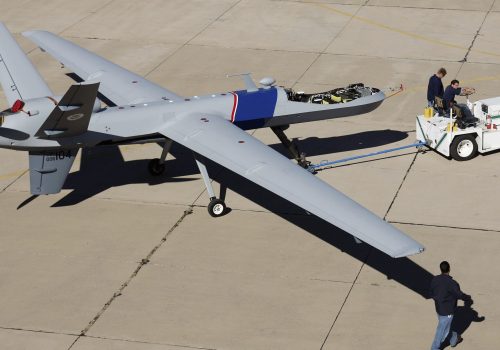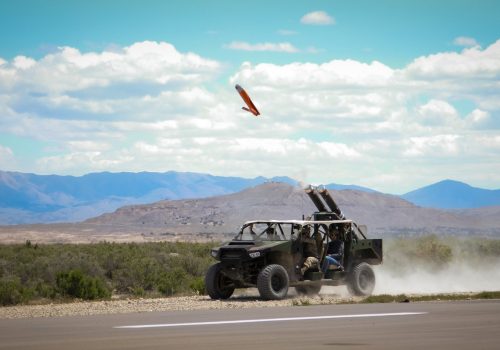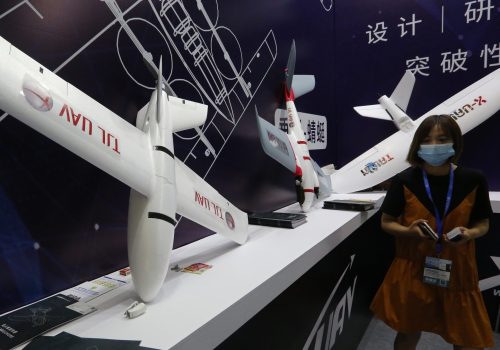Defense + national security + autonomy
Artificial intelligence (AI) and autonomous systems are transforming the public and private spheres, and the US Department of Defense is gearing up to field autonomous systems in operational settings. As the pace of warfare increases, autonomous capabilities will play a key role in ensuring the US adapts to new threats in real-time.
Following on from the Nexus 22 symposium, Forward Defense experts explore the implications of autonomous systems for the future of defense: the threat from adversaries, the challenges for trust and acquisition, and the opportunities for national security.
Sponsored By

Commentary & analysis
Dive in deeper
In the news
Stay in the loop
Sign up for updates from Forward Defense to hear the latest on the trends, technologies, and military challenges shaping tomorrow.
Related experts

Forward Defense leads the Atlantic Council’s US and global defense programming, developing actionable recommendations for the United States and its allies and partners to compete, innovate, and navigate the rapidly evolving character of warfare. Through its work on US defense policy and force design, the military applications of advanced technology, space security, strategic deterrence, and defense industrial revitalization, it informs the strategies, policies, and capabilities that the United States will need to deter, and, if necessary, prevail in major-power conflict.










